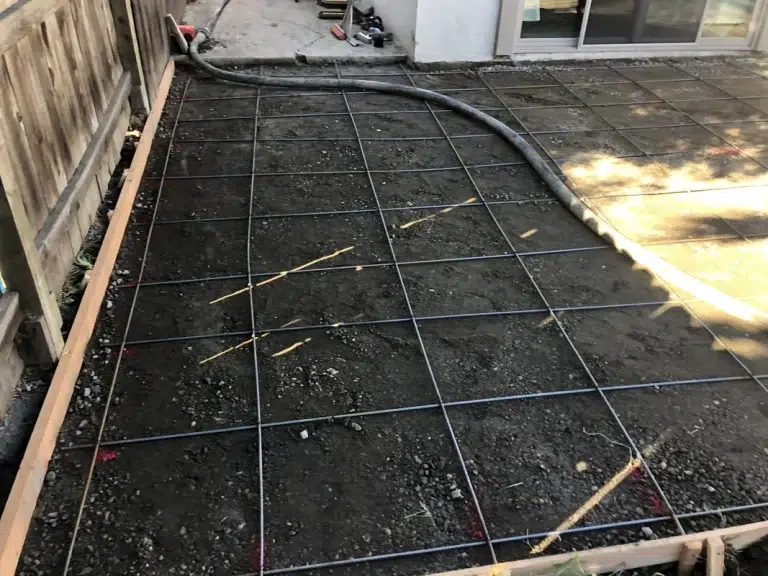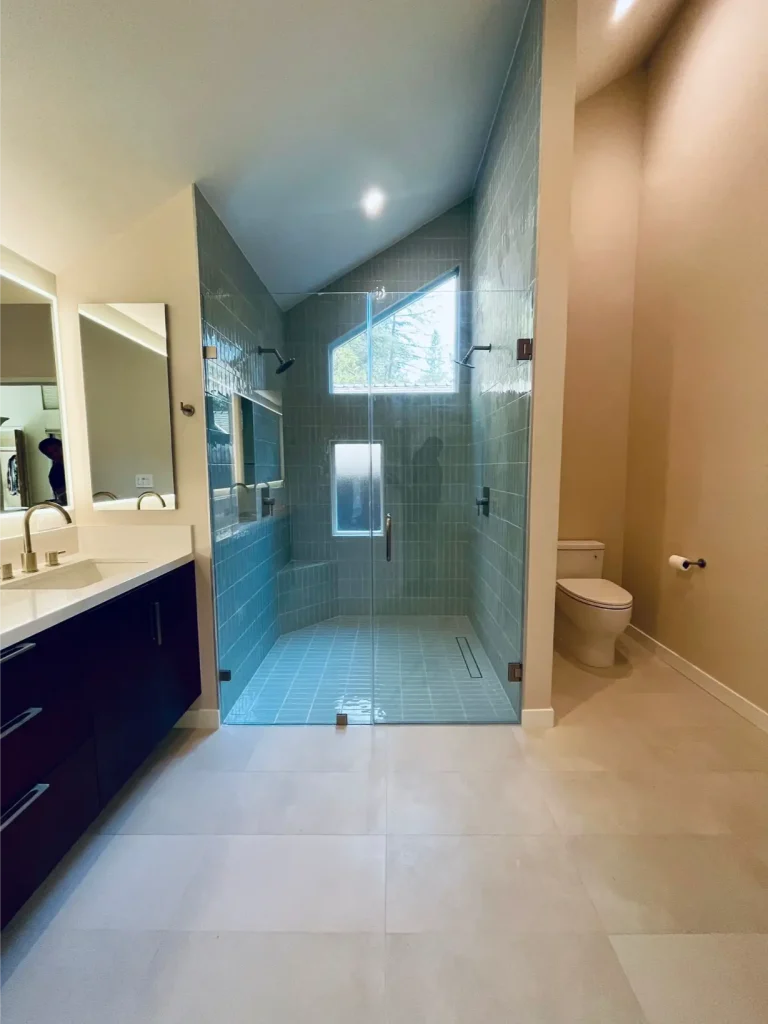
Trusted General Contractor & Custom Home Builders in the San Francisco Bay Area
Trusted by Bay Area Homeowners Since 1989
- Fully Licensed & Insured: CA License #580756
- 37 Years of Excellence: Serving the Bay Area Since 1989
- 100+ Verified Reviews Google, Yelp, Houzz
800 Sqft Room Addition + Pool Construction,
Walnut Creek
Comprehensive Design-Build Services
Custom Home Construction
From foundation to framing, we build legacy homes designed to stand the test of time. We handle the full scope of new construction with rigorous project management.


Spa-Inspired Bathroom Renovations
- Transform outdated spaces into modern sanctuaries. Our team manages all plumbing, electrical, and tiling work to create a seamless, waterproof retreat.
Luxury Kitchen Remodeling
- The heart of your home deserves the highest standard of craftsmanship. We specialize in ergonomic layouts, custom cabinetry, and high-end finishes that blend beauty with function.


Room Additions & ADUs
- Expand your living space without leaving the neighborhood you love. We ensure seamless integration with your existing structure.
Outdoor Living (Pools, Decks & Pavers)
- Elevate your curb appeal and lifestyle. We design and build custom decks, concrete pavers, and poolscapes that turn your backyard into a private resort.

Our Proven 4-Step Construction Process
- The Consultation: We listen to your needs, assess the site, and provide a transparent estimate.
- Design & Permitting: We navigate the Bay Area’s complex zoning laws and create blueprints that match your vision.
- The Build: Our licensed crews execute with precision, keeping the job site clean and the timeline on track.
- The Walkthrough: We don’t leave until every detail meets our rigorous quality standards.
BLOGS
INSPIRATION HUB

Renovation is more than construction; it is the translation of your vision into structural reality. For over three decades, Rhino Builders has stood as a pillar of reliability in Lafayette, Orinda, and the greater Bay Area.
License 580756
Our Services
Connect with us
Quick Links
Request a Quote
Opening Hours
- Thursday
- Friday
- Saturday
- Sunday
- Monday
- Tuesday
- Wednesday
- 8 am - 5 pm
- 8 am - 5 pm
- Closed
- Closed
- 8 am - 5 pm
- 8 am - 5 pm
- 8 am - 5 pm
Copyright © 2026 Rhino Builders – All Rights Reserved.

